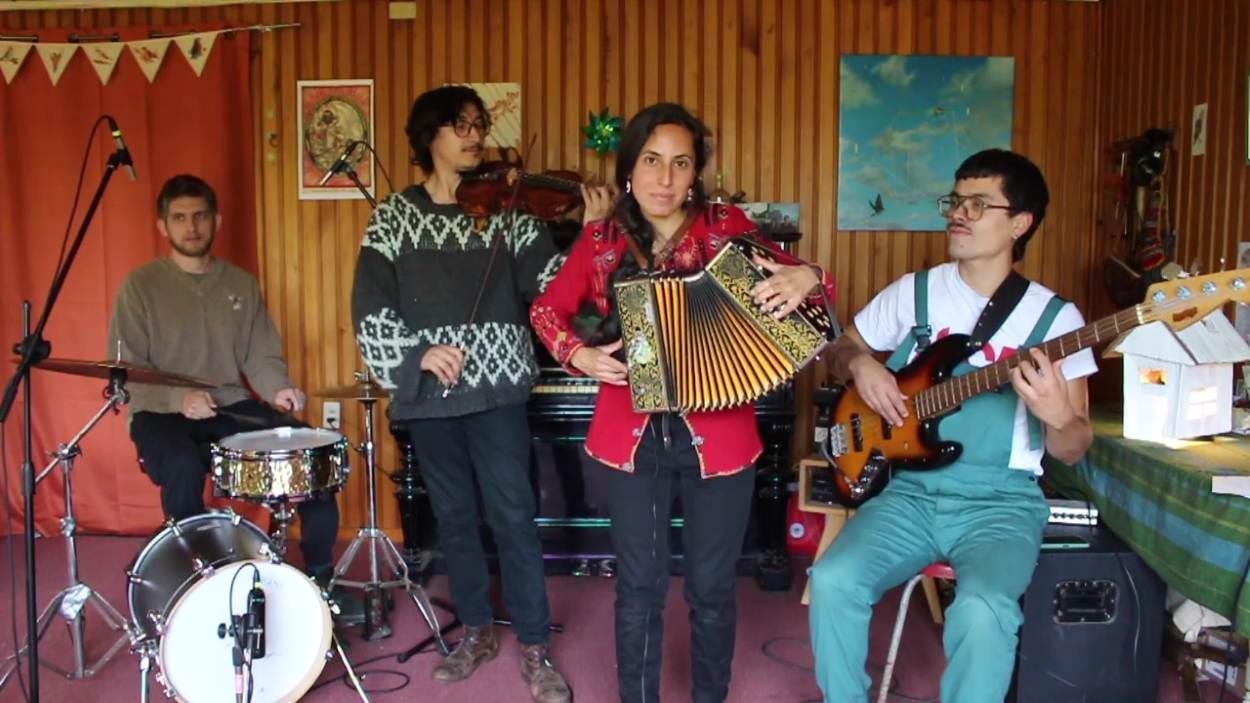In Brazil, Corruption Trial Winds Down as Anti-Impunity Efforts Continue
In Brazil, Corruption Trial Winds Down as Anti-Impunity Efforts Continue
Brazil’s Supreme Court finished sentencing 25 people in a historic case as President Dilma Rousseff’s administration took further steps in a zero-tolerance approach to corruption.
Sentencing in Brazil’s largest corruption trial in history ended on November 28, wrapping up a phase of a landmark case that gripped the country. The Supreme Court convicted 25 of 37 defendants with sentences totaling 282 years in jail and fines of up to $10.7 million. The trial forms part of a larger effort by the judicial system and President Dilma Rousseff’s administration to curb corruption and to combat impunity. Other developments—such as sackings following new corruption allegations and government attempts to recuperate embezzled funds—also point to this undertaking.
The so-called mensalão case, or big allowance, resulted from a congressional vote-buying scandal during former President Luiz Inácio Lula da Silva’s first administration in 2005. With high-profile convictions—including Lula’s former chief of staff, a former Worker’s Party president, and an acting São Paulo congressman—the historic case means government officials are likely to go to jail. “The trial was a watershed that will hopefully lead to a less corrupt Brazil,” said Gil Castelo Branco, secretary general of watchdog group Contas Abertas. “The conviction of several important people has sent a clear signal that things are beginning to change, that Brazilians are fed up with corruption.” Eduardo Eugênio Gouvêa Vieira, head of Rio de Janeiro’s industrial federation, told O Globo that the case “inaugurated a new phase of [Brazil’s] young democracy.” He added: “From the case emerges a country better prepared to assume the role it deserves of a political and economic power.”
The end of the mensalão convictions came on the heels of a new corruption scandal that was met with swift dismissals of government officials involved. The Federal Police arrested six people on November 23 in Operation Porto Seguro, investigating 18 suspects for accepting payments in exchange for expedited paperwork and favorable technical reports. As a result, Rousseff fired Rosemary de Noronha, head of the president’s regional office in São Paulo, and Deputy Attorney General José Weber Holanda. Rousseff also said that all of the government bodies involved in the case—which include the civil aviation agency and the Ministry of Education—will be investigated. Brasilia-based journalist Christina Lemos commended Rousseff’s immediate dismissals of the accused. “The message is firm,” she wrote. “The stance is completely different from that of Lula…the Worker’s Party may not like it, but it’s the new order.”
Meanwhile, the government has made efforts to recuperate stolen public funds. On November 16, a court in the British Channel Islands decided that the Brazilian government will receive $10.5 million embezzled into offshore accounts by São Paulo Congressman Paulo Maluf in 1998. In the first case of its kind in which the Brazilian state managed to recover illicit funds saved overseas, the court said that the politician had illegally taken the money from a road project in São Paulo. The São Paulo attorney general said that with interest added, the government will receive $22 million and could even receive up to $32 million. Maluf also faces corruption charges at Brazil’s Supreme Court and receive up to nine years in jail. But Maluf, who denies he was a defendant in the Channel Islands case, laughed about the decision and said he was “celebrating.” Asked how the decision would affect him, he responded: “It won’t.”
In other regional transparency news:
-
The World Justice Project released its annual Rule of Law Index on Wednesday, ranking Uruguay as the least corrupt country in Latin America and Bolivia as the most corrupt. In terms of the effectiveness of criminal justice, Chile received the highest marks in the region, and Venezuela the lowest.
-
On November 27, Peru’s anti-corruption prosecutors’ office released a study on the entity’s efforts, showing the government had recuperated around $264,000 in embezzled funds from 2006 to 2010. It also indicated that the prosecutors’ office has a huge case burden: 15,000 investigations for only 15 lawyers.
- In a recent article, Mexico’s Animal Politico asks: what would Mexico be like without corruption? The piece provides an overview of expert insights at the Fifteenth Anti-Corruption Conference held in Brasilia in November. “We can have good information-access laws but the problem is when they’re surrounded by lots of impunity,” said Transparency Mexico President Eduardo Bohórquez López.







